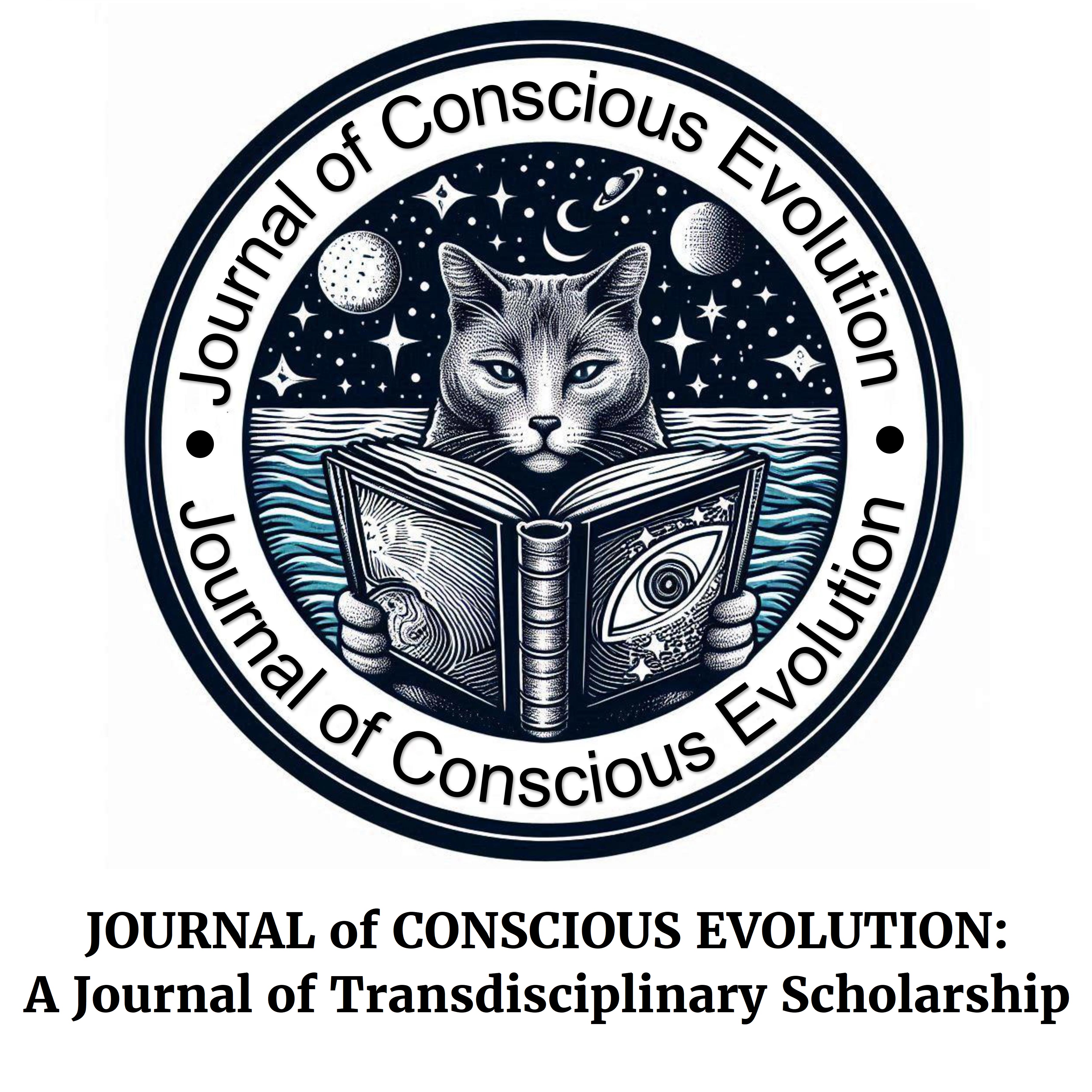
Abstract
The Holographic Principle holds the information in any region of space and time exists on the surface of that region. Layers of the holographic, universal “now” go from the inception of the universe to the present. Universal Consciousness is the timeless source of actuality and mentality. Information is experience, and the expansion of the “now” leads to higher and higher orders of experience in the Universe, with various levels of consciousness emerging from experience. The brain consists of a nested hierarchy of surfaces which range from the most elementary field though the neuron, neural group, and the whole brain. Evidence from the evolution and structure of the brain shows that optimal surface areas in a variety of structures are conserved with respect to underlying surfaces. Microgenesis, the becoming of the mental state through a process of recapitulation of development and evolution, is in full accord with the Holographic Principle. Evidence from a wide variety of contexts indicates the capacity of the mind for total recall of past life events and for access to universal information, indicating connection with the holographic surfaces of prior “nows” and with the Universal holographic boundary. In summation, the Holographic Principle can help us explain the unity and mechanisms of perception, experience, memory, and consciousness.
Recommended Citation
Germine, Mark. (2018). The Holographic Principle of Mind and the Evolution of Consciousness. Journal of Conscious Evolution, 3(3). https://digitalcommons.ciis.edu/cejournal/vol3/iss3/1
Included in
Clinical Psychology Commons, Cognition and Perception Commons, Cognitive Psychology Commons, Critical and Cultural Studies Commons, Family, Life Course, and Society Commons, Gender, Race, Sexuality, and Ethnicity in Communication Commons, Liberal Studies Commons, Social and Cultural Anthropology Commons, Social and Philosophical Foundations of Education Commons, Social Psychology Commons, Sociology of Culture Commons, Sociology of Religion Commons, Transpersonal Psychology Commons


